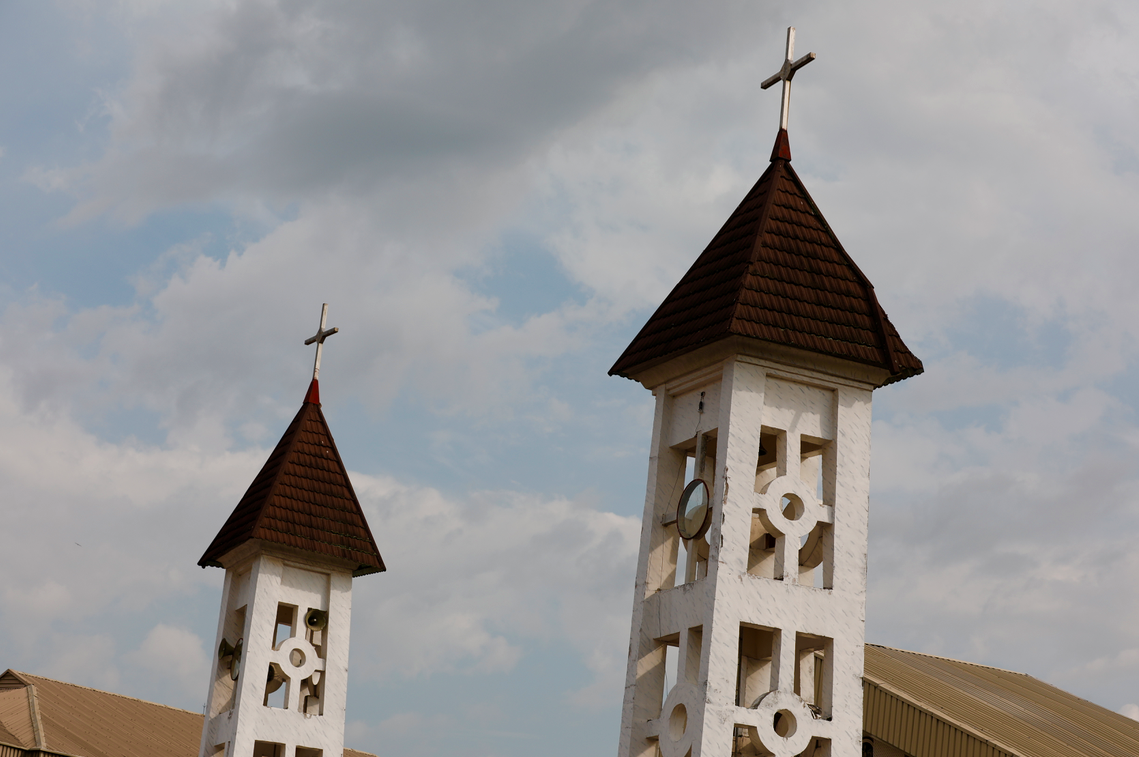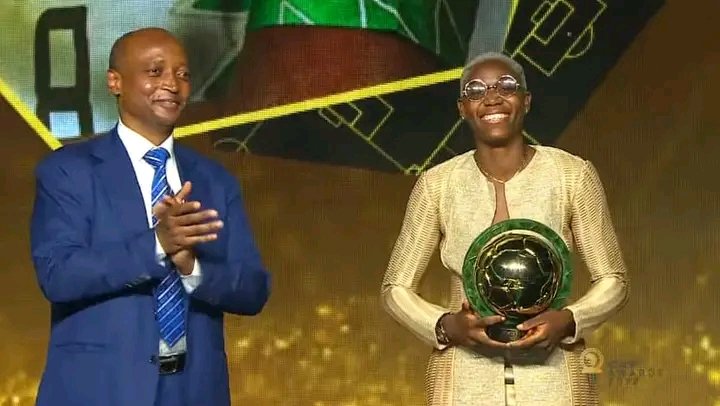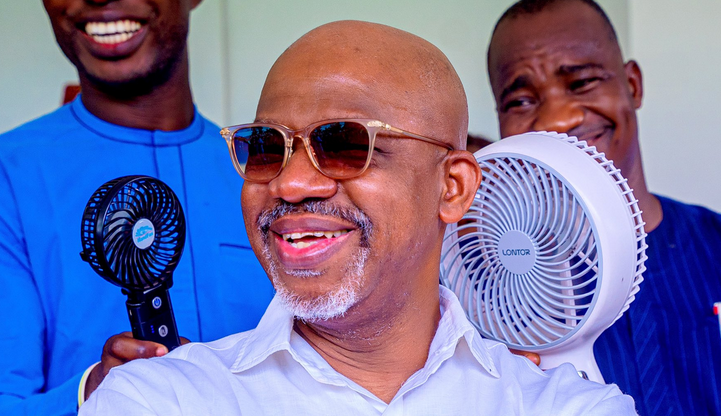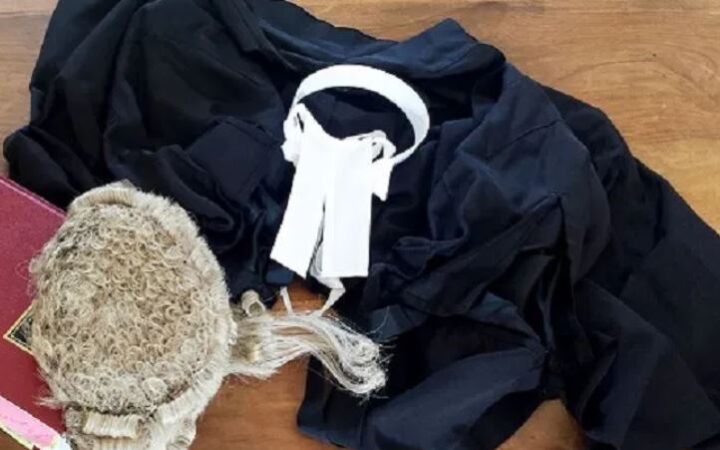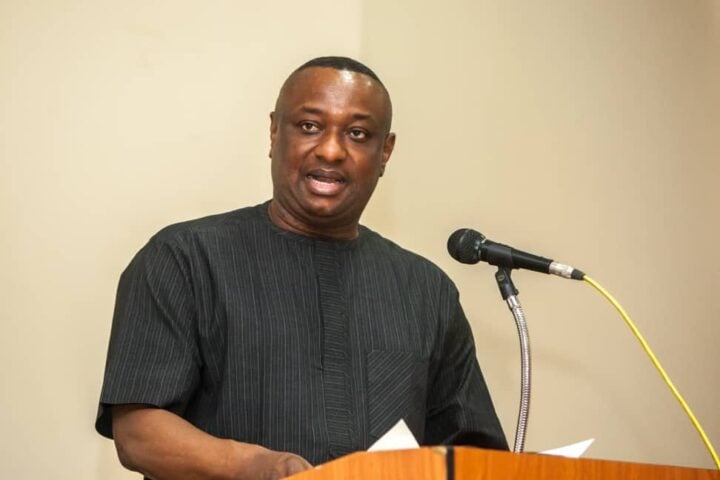BY VICTOR TERHEMBA
Sometime in 2019, while participating in a workshop organised by IFES for political parties and stakeholders in Abuja we dissolved into groups for group work, where we discussed how religion has impacted our national and personal lives and suggested remedial ways.
The group facilitator took turns asking each member of the group individual questions and when it got to my turn, she asked me to rate my level of religious tolerance on a scale of 1 to 10. It took me a few minutes before I replied, to astonished looks and mouths agape, “I have no tolerance for any religion”.
My answer to the question did not emanate from the few minutes I pondered on it. I have always known that I have no form of tolerance for any of the religions in Nigeria. I deliberated on the question because I was probing my soul and heart if anything had changed and I now have the need to tolerate any religion at all.
Advertisement
I am sure the majority of those reading this piece right now would want to spit in my face and tell me how worthless and foolish I am. But before all the wishful debauchery, let me explain to you why I am like this.
I hold this belief strongly because I consider myself a humanist, which, I believe, is influenced by where I come from and where I grew up — a Tiv man from Benue state who grew up in Lagos state and lived in several Yoruba communities.
It is true that an environment influences the formation of a child and this is true for me as a self-considered humanist. Secondly, tolerance, according to the dictionary, is defined as “the ability or willingness to tolerate the existence of opinions or behaviour that one dislikes or disagrees with.”
Advertisement
Essentially, religious tolerance, going by the definition above, means having the ability to endure the practice and existence of another religion that you hate or dislike for the sake of peace, unity, or any other reasons. None of the definitions above applies to me and that is why I do not have any religious tolerance, because there’s no religion I hate or dislike.
I have never seen myself different from other people in the religion they practise. I have never considered myself inferior or superior to another person on the basis of my religious inclination. I have never refused a friendship nor scorned the friendship of another because they practise a different religion from mine.
Honestly, I do not care about religion and it has never influenced any major decision in my life and ideally, no one else should. I consider it the highest level of primitiveness and the lowest level of humanity to judge anyone on the basis of their religion, ethnicity, or any other primordial sentiments.
How can I hate Islam when some of my best friends and important people in my life are Muslims: Idris Jemeelah, Aishat Salihu, Sodiq Okunola, the trio of Usman Muhamed, Shehu Muhamed and Ali Muhammed — who always show up for me whenever I call on them and they are my go-to persons?
Advertisement
How can I hate traditional worshipers (as they are called) when I have friends who are adherents of various traditional religions? In fact, one is currently undergoing an apprenticeship in Ifa worship and we link up whenever I go to Lagos.
How can I hate any religion at all when none of us was born with religion? We were all born into the religion. If not for the colonialist missionaries and the conquering jihadists, I wonder how many of us would identify as Christians or Muslims today.
How can I hate any religion after many years of living among the Yoruba people, where you hardly notice interference of religion in the way they live, marry, or build relationships? While teaching in a school in Ifo, Ogun state, I noticed that all the students knew how to sing both Christian and Muslim songs, recite both Christian and Muslim prayers, and pray the way of either of the religions. I also witnessed Muslim students lead the assembly ground in Christian songs and prayers, ending the prayers with “in Jesus name”. I also saw Ifakayode, the son of an Ifa priest, pray the Christian and Muslim prayers and songs. His elder brother was then dating a Muslim girl. There is hardly any Yoruba family where you won’t find inter-religious marriage. Despite the plurality of religion, the Yorubas have refused religion to define or determine how they live and interact with society.
I have never met one Benue or Yoruba person who cares much about religion, and I honestly don’t think Nigerians in general care much about the identity of religion. The rhetoric of religious identity is purely a construct of the elites and ruling class who see the benefit of having the people divided rather than unified.
Advertisement
Nigerians are consciously taught by their elites to take on the toga of religious identity for their self-seeking schemes. However, the Benue and Yoruba people have risen above this machination of manipulation.
The recent uproar and commotion that heralded the choice of the APC candidate, Asiwaju Ahmed Tinubu, to pick a Muslim running mate to the chagrin of some Nigerians, is as much a political strategy as the choice of a Muslim running mate. The protagonists and antagonists of the Muslim-Muslim ticket are both locked in a battle of political strategy. The opponents of the ticket do not do so because they fear any Islamisation agenda in Nigeria, nor do they really consider it insensitive to the Christian northerners. They are opposed to it not because they think it threatens the unity of Nigeria; they do so only because they oppose the candidacy of Bola Ahmed Tinubu. The vehement opposition to the all-Muslim ticket is to demarket BAT and reduce his chances of victory in 2023.
Advertisement
The only reason they do this is that they know that the odds are greatly in his favour currently, and everyone also knows that a Tinubu presidency is not what Nigeria needs, definitely not after the presidency of President Muhammadu Buhari which has been disastrous and calamitous. Even Tinubu’s greatest supporters know that he shouldn’t be there but to them, loyalty to an individual is greater than patriotism and loyalty to the country.
While the political and ruling classes use religious dichotomy for political strategy, they continue to sow the seed of religious intolerance among the people. It is hypocritical and ironic that these same class of leaders admonish the people to be religious and tolerant in the daytime, and at night, devise means to use our religious divide for political strategy.
Advertisement
While we also keep hammering on religious tolerance among the citizens, we neglect the other part of the advocacy where we are supposed to promote values of religious tolerance instead of rhetoric. Instead of advocating religious tolerance, promote religious tolerance. The Yorubas (and I saw the Benue people — Tivs, Idomas, Igedes, Itilos) have been exemplary role models for both religious and ethnic tolerance. These are the values that we should be promoting because it’s a rule that you should promote the values that you want to see.
Victor Terhemba is a civil society advocate and acting executive director, Raising New Voices, Abuja, Nigeria. He can be reached via @Victor_Terhemba
Advertisement
Views expressed by contributors are strictly personal and not of TheCable.
Add a comment
